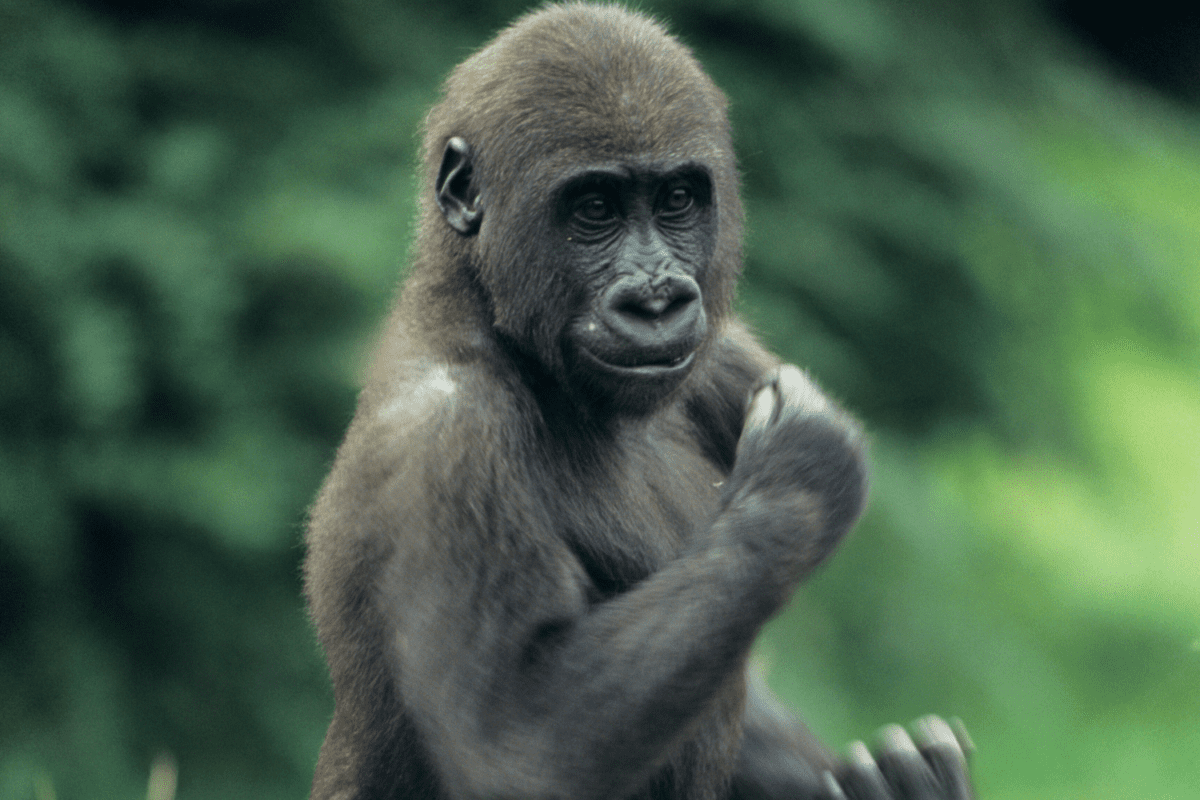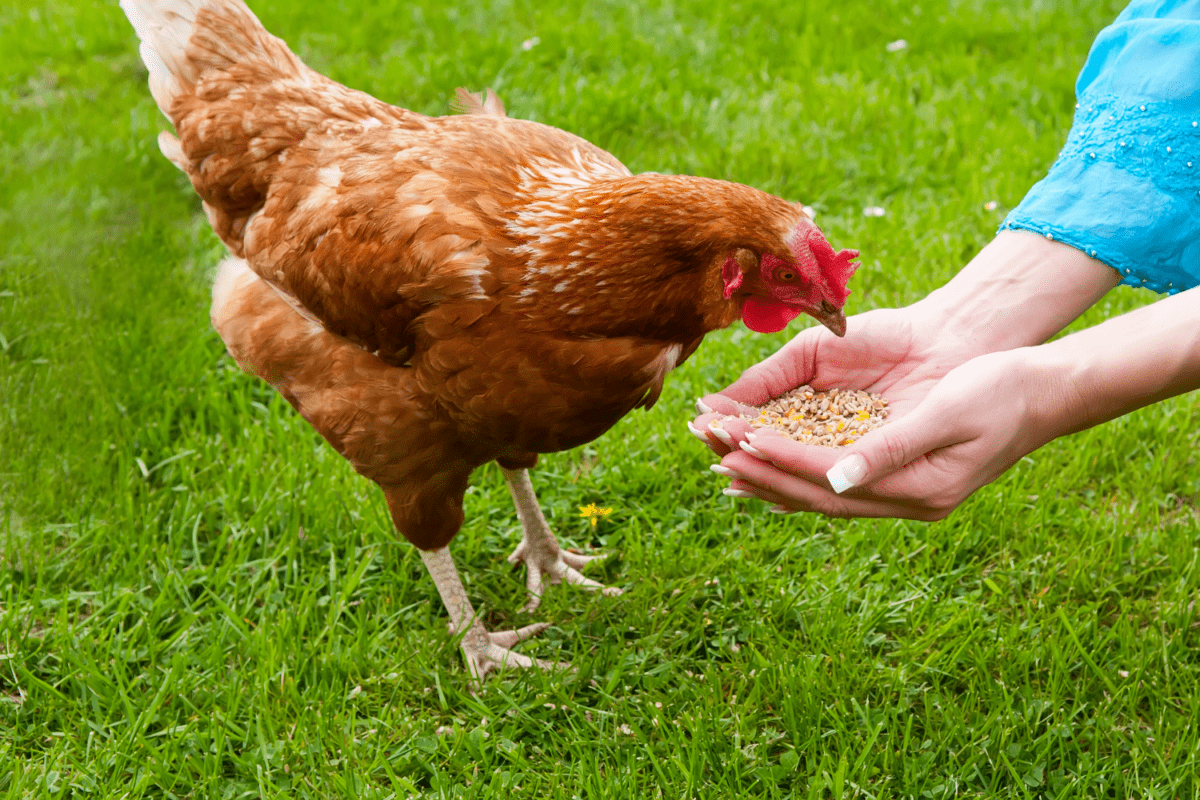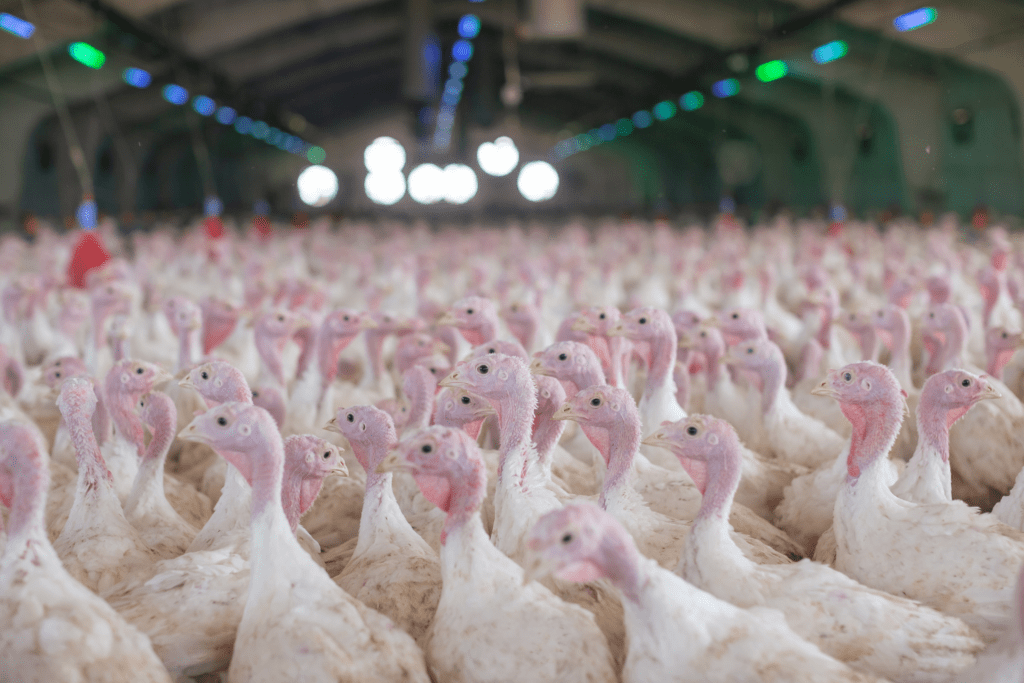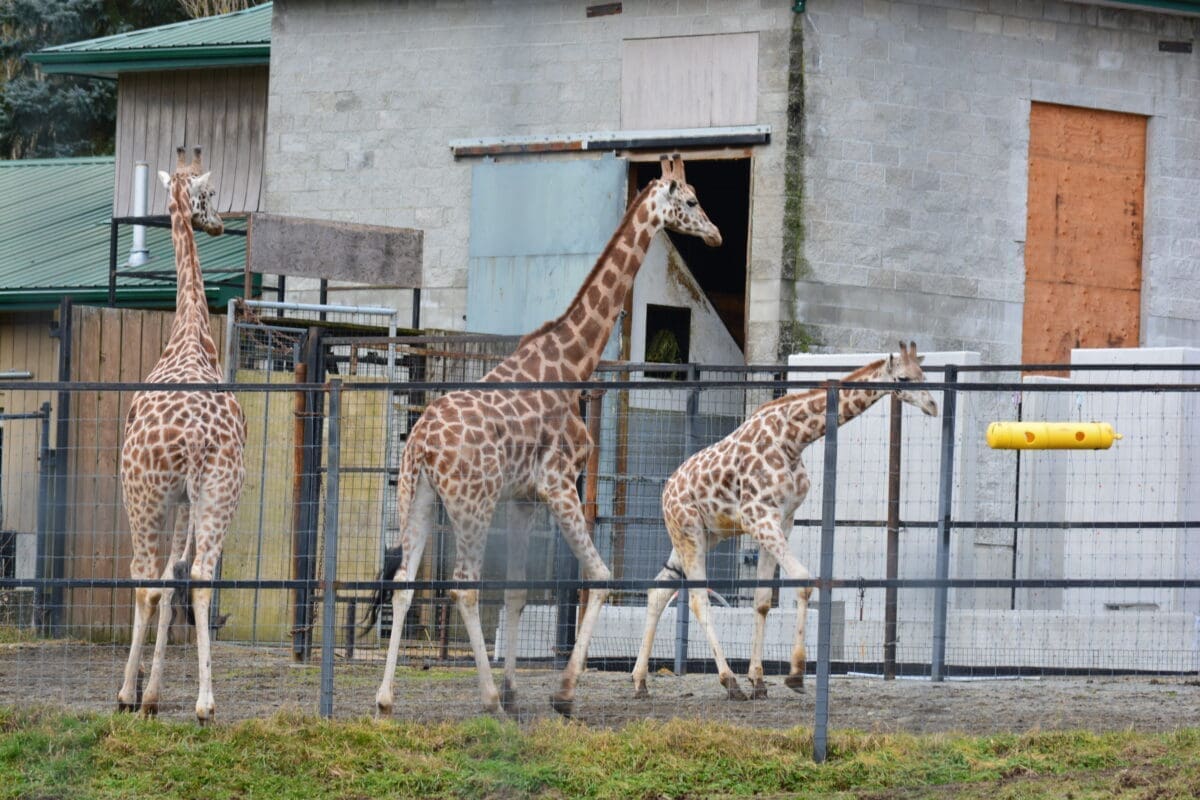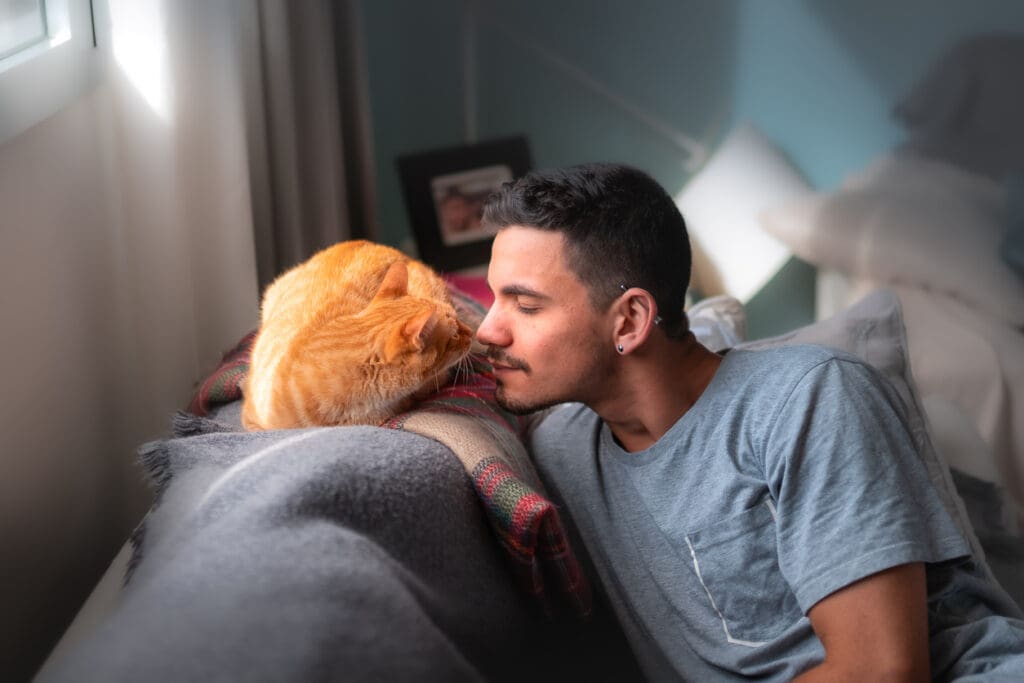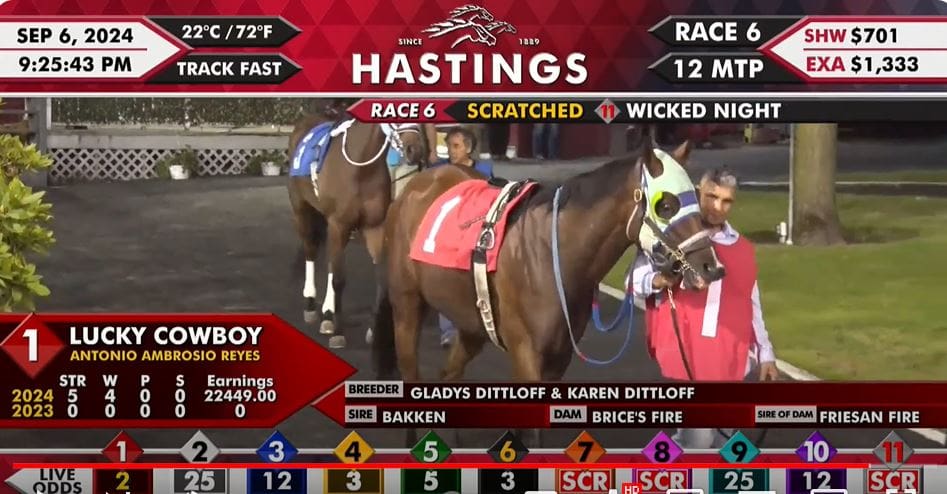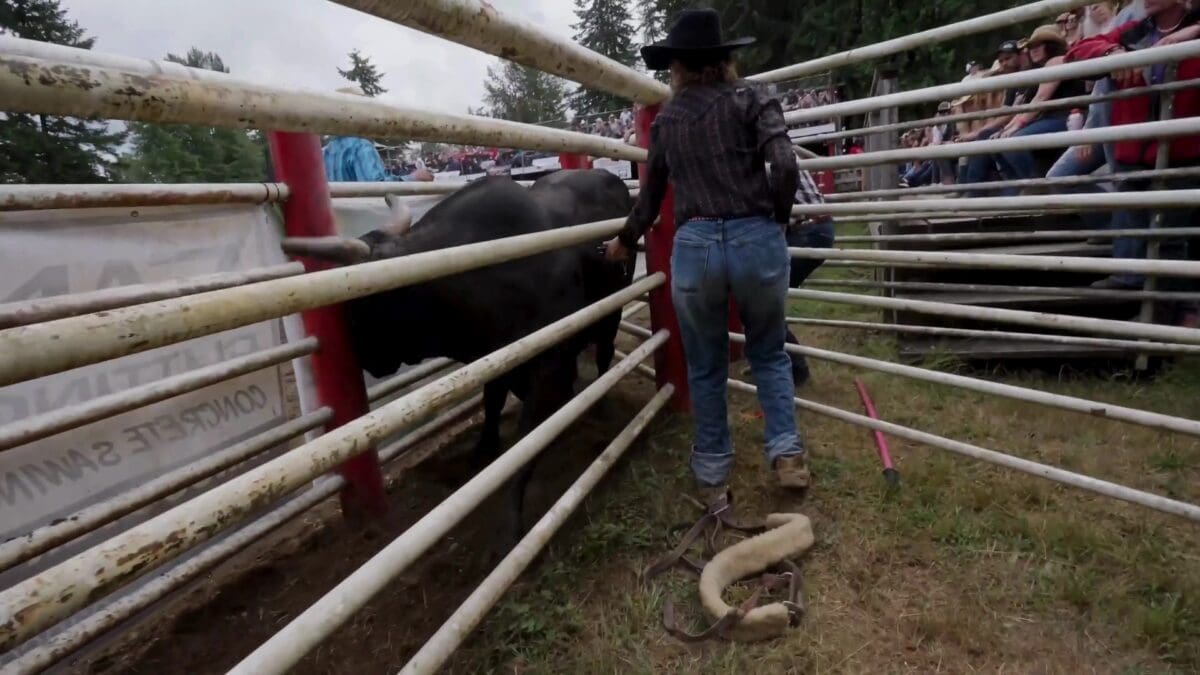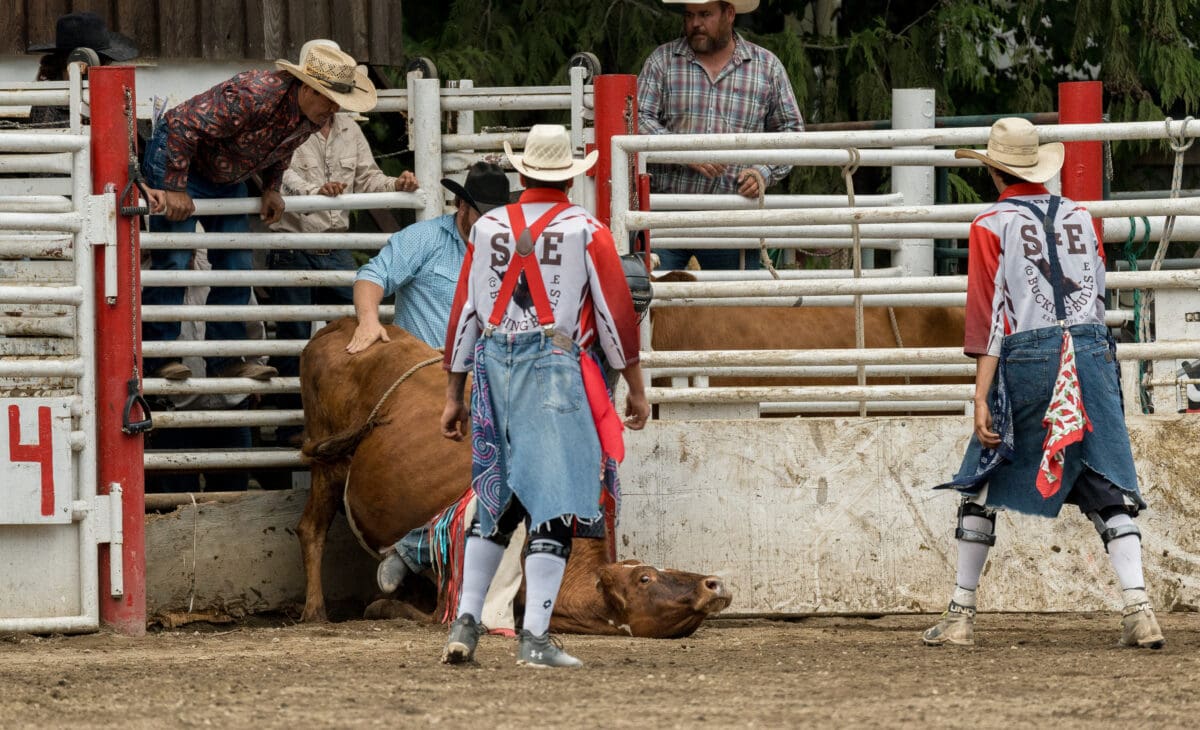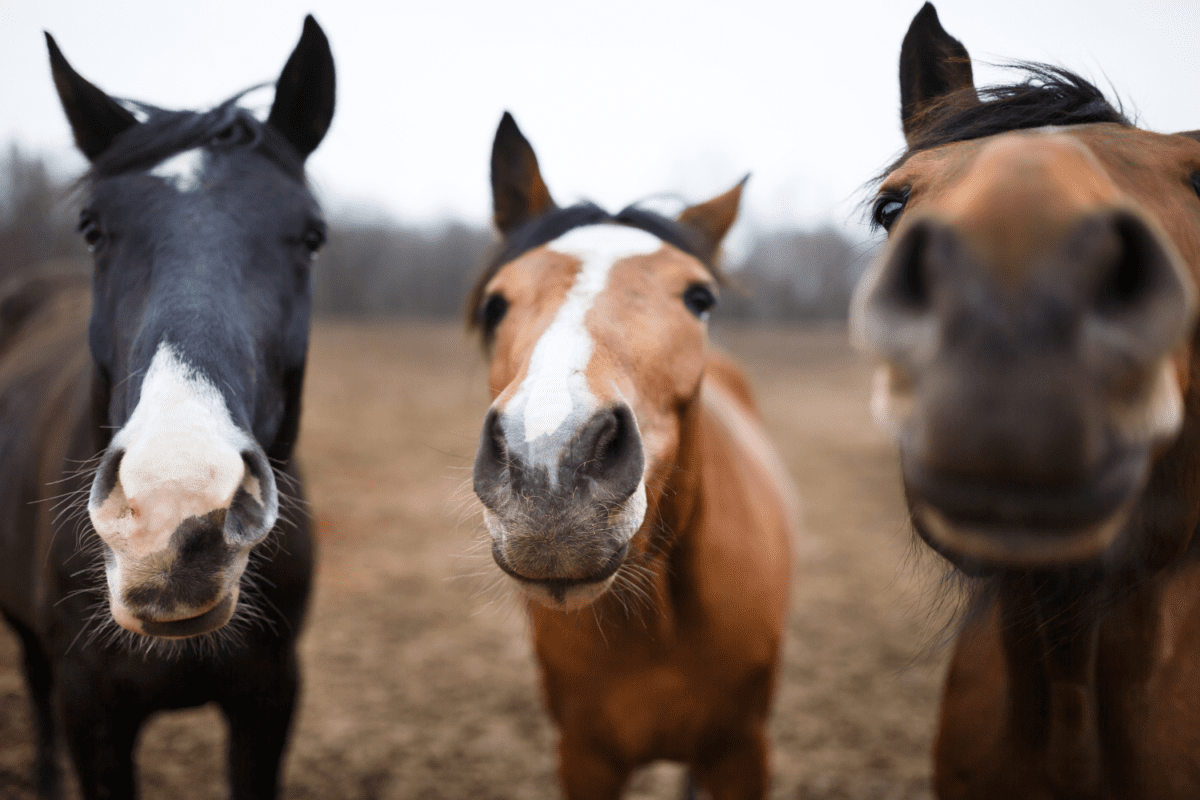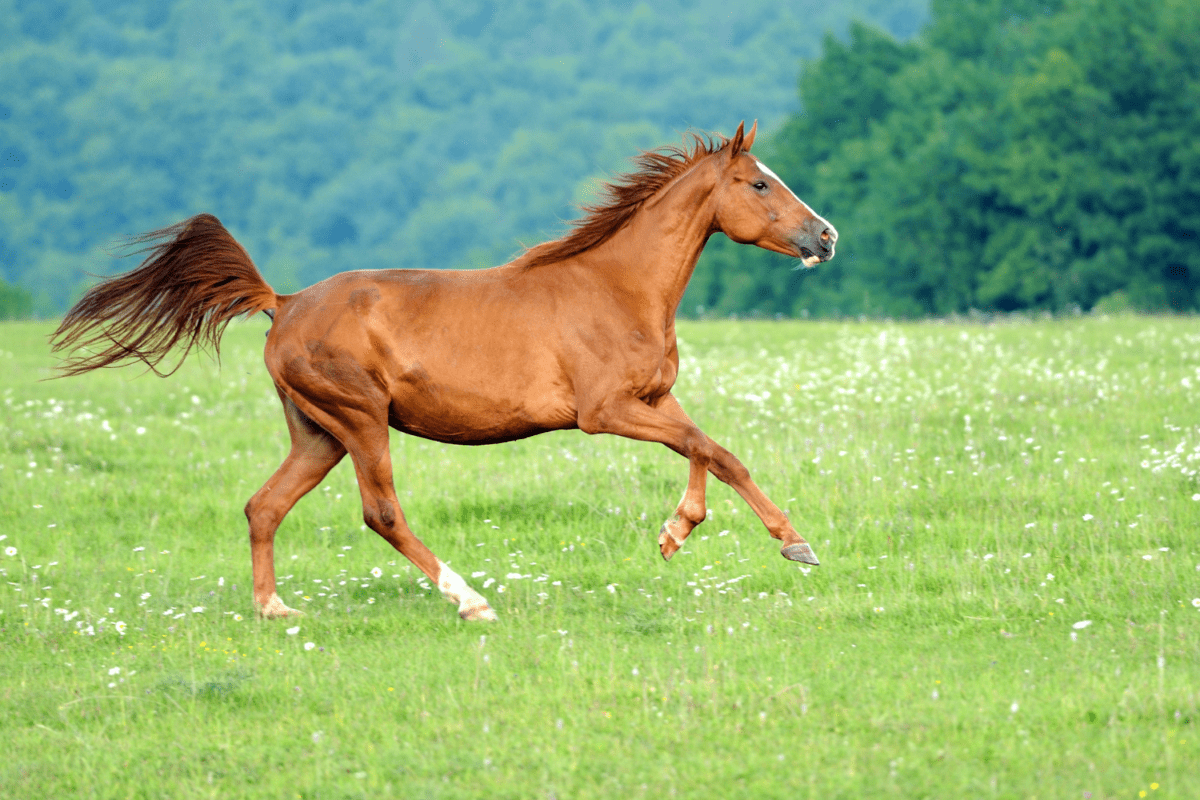The sudden death of a two-year-old gorilla at the Calgary Zoo has prompted conservation experts to push for change.
According to CTV News Calgary, “The zoo said on Tuesday that Eyare, a female western lowland gorilla, had been injured while moving between back-of-house spaces.”
“The zoo declined to share any further details about the gorilla’s fatal injuries or what caused them, saying an investigation is underway and a necropsy will be completed.”
Marc Bekoff, professor emeritus of ecology and evolutionary biology at the University of Colorado, called the lack of transparency about the incident “disturbing”.
The Calgary Zoo previously underwent a review from the Association of Zoos and Aquariums for unusual and frequent animal deaths between 2005 and 2010, with fatal incidents continuing throughout the next decade.
Zoocheck founder Rob Laidlaw said, “If you’re trying to say you’re breeding animals or keeping animals for conservation and they’re dying from all these mishaps and other things … that’s counter to what you’re telling the public that you want to do.”
Many animal deaths at zoos this year
Multiple tragic animal deaths at zoos across North America and around the world have been brought to the public’s attention this year, including:
- Jenga the giraffe, who was found dead in his enclosure at the Greater Vancouver Zoo on October 23rd;
- Sakura the red panda, who had recently given birth after being transferred from the Greater Vancouver Zoo to the Toronto Zoo, and one of her two cubs;
- Roxie the red panda, who died due to noise stress from fireworks in Edinburgh;
- Baffin the polar bear, who drowned in the Calgary Zoo’s new exhibit after he sustained a bite to the throat;
- Twelve monkeys who died from a bacterial outbreak at a zoo in Hong Kong.
Tragic deaths at zoos are typically followed by a necropsy to determine the cause, such as illness or injury. Physical and psychological stressors can contribute to premature death in captive animals.
Wild and exotic animals’ needs are not being met in zoos and aquariums
In addition to deadly incidents, wild and exotic animals regularly suffer when kept in captivity in zoos and aquariums.
Wild and exotic animals are living out their entire lives thousands of kilometres away from their home climates, in enclosures that cannot replicate the size and complexity of their natural habitats. They are unable to engage in many natural behaviours that are crucial to their physical, social and psychological well-being.
Take action
Here in B.C., the Vancouver Humane Society has been engaging with provincial decision-makers to call for changes to captivity regulations, including prohibiting the breeding and import of exotic animals for permanent captivity.
Can you sign the petition to help protect animals from suffering in captivity?

